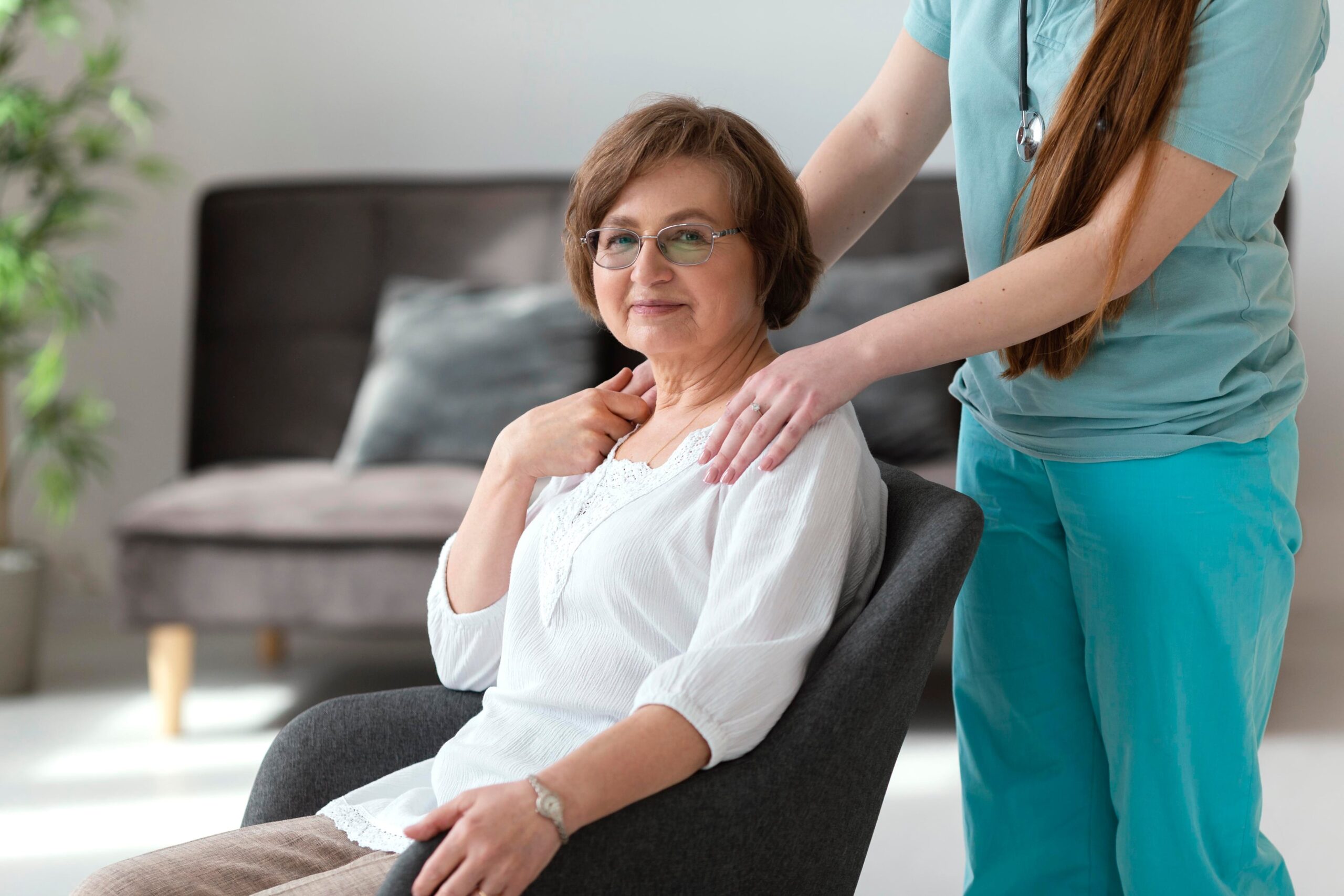|
Don’t let your favorite senior loved one fool you. Just because they’ve made it this far without using sunscreen and never used it as a kid doesn’t mean they don’t need protection this summer. Lather them up and help them be safe out there in the sun.
Many seniors think they don’t need it. A study from the CDC finds that less than half of older adults protect their skin from the sun when outside for an hour or more. Many say they’ve never used it. They didn’t grow up with it. And they’ve never had problems, besides maybe a few more wrinkles than they wish. But that doesn’t mean the sun’s rays can’t harm them or bring out damage as they age.
Each year, more than 5 million people in the United States are treated for skin cancer, and most cases are found in people aged 65 or older. A major risk for skin cancer is too much exposure to the sun’s UV rays. Adults are living longer, and as they age, the rates of skin cancer are going up. So even if it didn’t impact seniors when they were younger, it still can.
According to the Skin Cancer Foundation, most skin cancers result from sun damage over the course of many years, and seniors have lived longer, have had the most sun exposure and sustained the most damage from the UV rays. Not just sunburns but also suntans can damage the skin’s DNA, break down tissues so that it ages before their time, and also produce genetic defects that can lead to skin cancer. The organization says suffering “just five sunburns over your lifetime more than doubles your chances of developing melanoma, and each successive tan or sunburn raises the risks further. We never know exactly how much damage will trigger skin cancer, but one bad burn in older age may be the straw that breaks the camel’s back.”
Data shows that skin cancer is mainly a disease of the elderly and that at least one in five Americans will develop skin cancer by the age of 70. The longer people live, the more likely they are to develop skin cancer, and the greater their chances of dying from it, the organization says.
This doesn’t mean seniors can’t have fun in the summer sun and enjoy this season that is upon us. There is plenty of fun to be had out there all summer long. Just don’t skip the sunscreen. Use an SPF of at least 15, but preferably 30. If seniors are headed into the water, choose a waterproof sunscreen. Sweatproof is also a great option. Other tips include staying out of the sun or reducing sun exposure when the sun’s rays are the strongest – between 10 a.m. and 4 p.m. If seniors are out and about at the sunniest times of the day, they can also wear other protection such as a hat and/or long-sleeve, loose-fitting clothing, and sunglasses. |



